Statement of the Lazarus Union on the Occasion of Commonwealth Day Dear Members and Friends, On this special occasion of Commonwealth Day, the Lazarus Union extends its warmest greetings to... Read more
World Humanitarian Day
World Humanitarian Day, observed annually on August 19, is a day dedicated to recognizing the efforts and sacrifices of humanitarian workers around the globe. This day commemorates those who have lost their lives in the line of duty and seeks to raise awareness about the ongoing humanitarian crises that millions face daily.
The Origins of World Humanitarian Day
The United Nations General Assembly designated August 19 as World Humanitarian Day in 2008, in memory of the bombing of the United Nations headquarters in Baghdad on August 19, 2003. This tragic event claimed the lives of 22 people, including the UN’s High Commissioner for Human Rights, Sérgio Vieira de Mello. This day was established to honor the courage and dedication of those who strive to provide aid and relief to the world’s most vulnerable populations.
Humanitarian Crises and Responses
The scale of humanitarian needs is vast and growing. According to the United Nations Office for the Coordination of Humanitarian Affairs (OCHA), as of 2023, approximately 274 million people around the world require humanitarian assistance and protection, marking a significant increase from previous years due to conflicts, natural disasters, and the impacts of climate change .
The Role of Humanitarian Workers
Humanitarian workers play a critical role in delivering life-saving assistance and improving the resilience of affected communities. They work in some of the most dangerous and challenging environments, often risking their own lives. In 2022 alone, 460 aid workers were attacked, with 140 killed, 203 seriously injured, and 117 kidnapped. These figures underscore the perils faced by those on the front lines of humanitarian efforts.
Key Figures and Contributions
- Financial Contributions: The global humanitarian funding appeal for 2023 was approximately $50 billion, aiming to assist around 230 million people in need across 69 countries . Despite the generous contributions from governments, organizations, and individuals, the funding gap remains a significant challenge.
- Humanitarian Innovations: Technological advancements and innovative approaches have enhanced the efficiency and effectiveness of humanitarian responses. For instance, the use of drones for delivering medical supplies and the implementation of blockchain technology for ensuring transparent and efficient distribution of aid have revolutionized the sector.
- Local and International Cooperation: Humanitarian efforts are a collaborative endeavor involving local communities, international organizations, NGOs, and governments. This cooperation is crucial for ensuring that aid reaches those in need swiftly and effectively.
Thematic Focus and Campaigns
Each year, World Humanitarian Day is centered around a specific theme to highlight different aspects of humanitarian work. The 2024 WHD campaign, #ActForHumanity, focuses on addressing the alarming rise in attacks against humanitarian workers and civilians, advocating for the enforcement of International Humanitarian Law (IHL) to end impunity for these violations. Campaigns often include social media initiatives, storytelling, and events aimed at fostering a deeper understanding of humanitarian work and encouraging global solidarity.
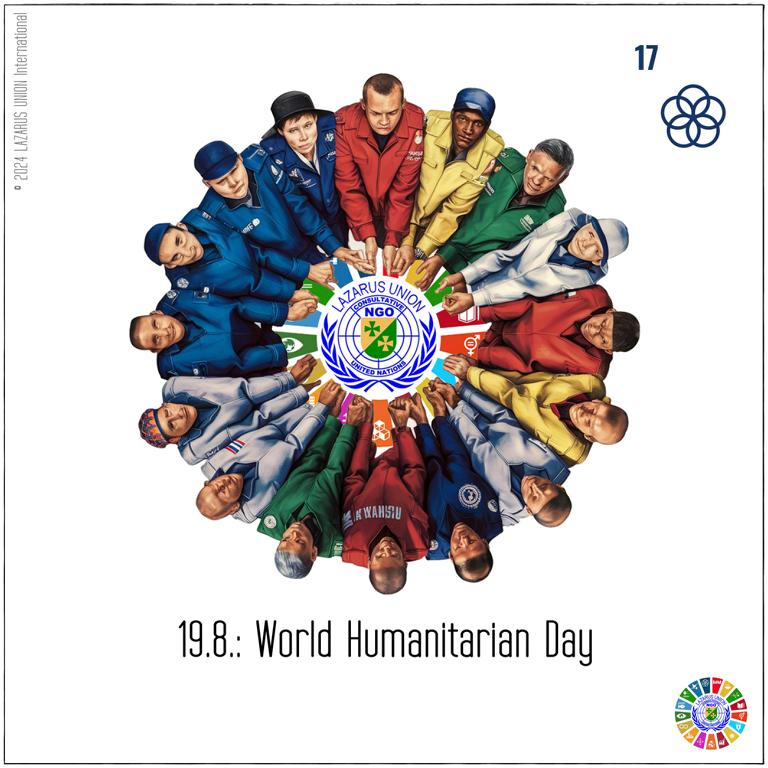
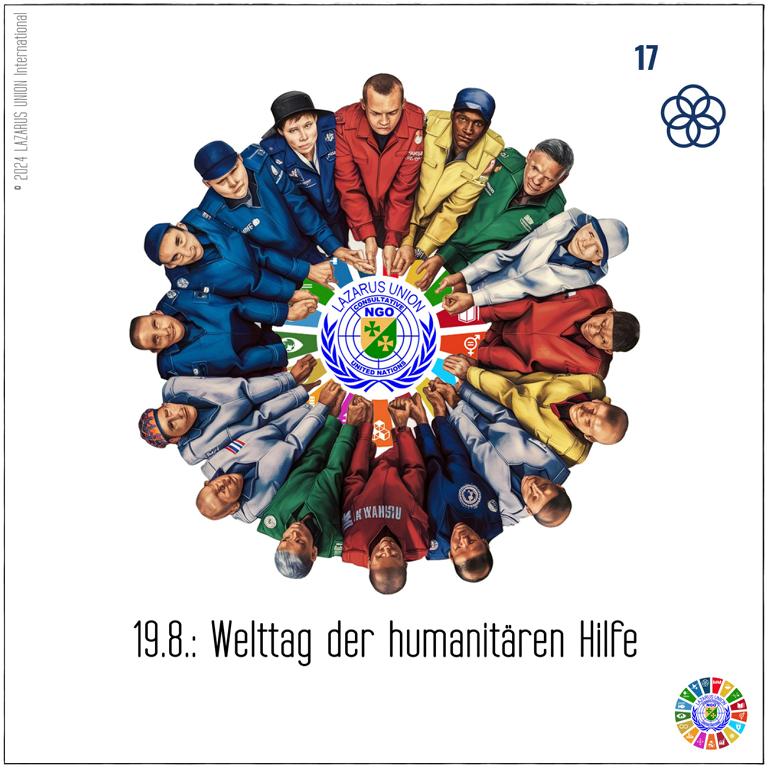
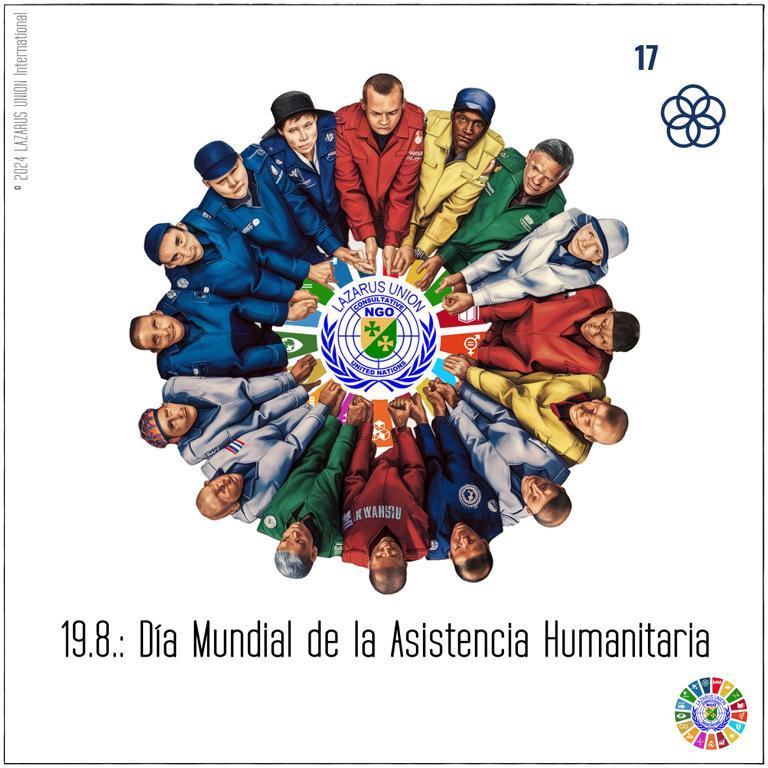
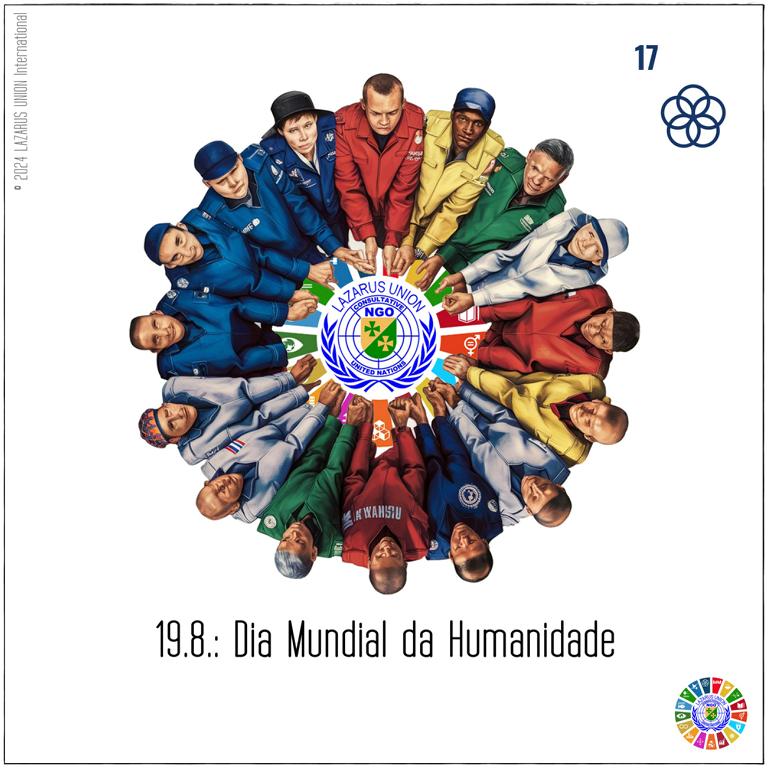
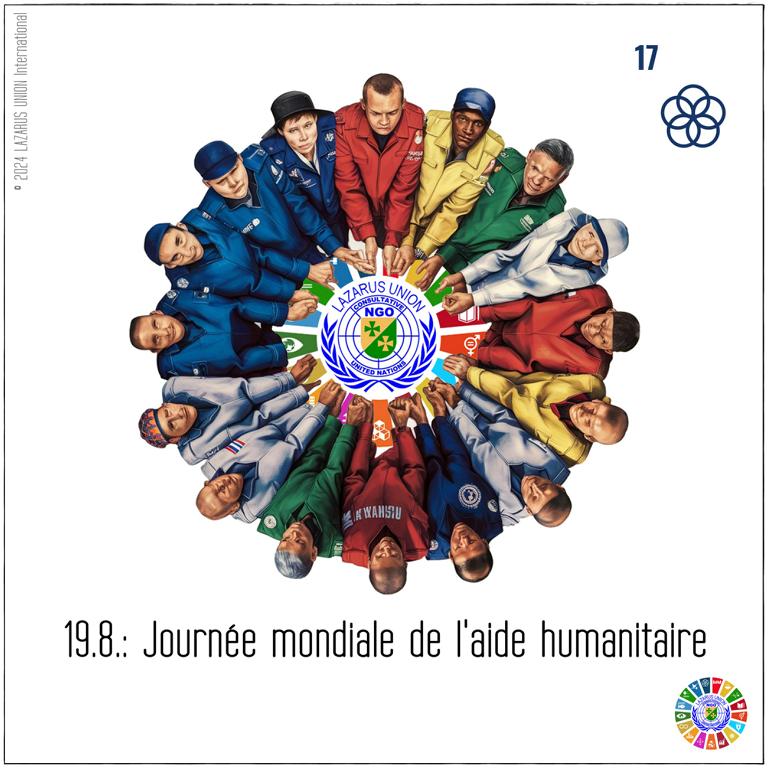
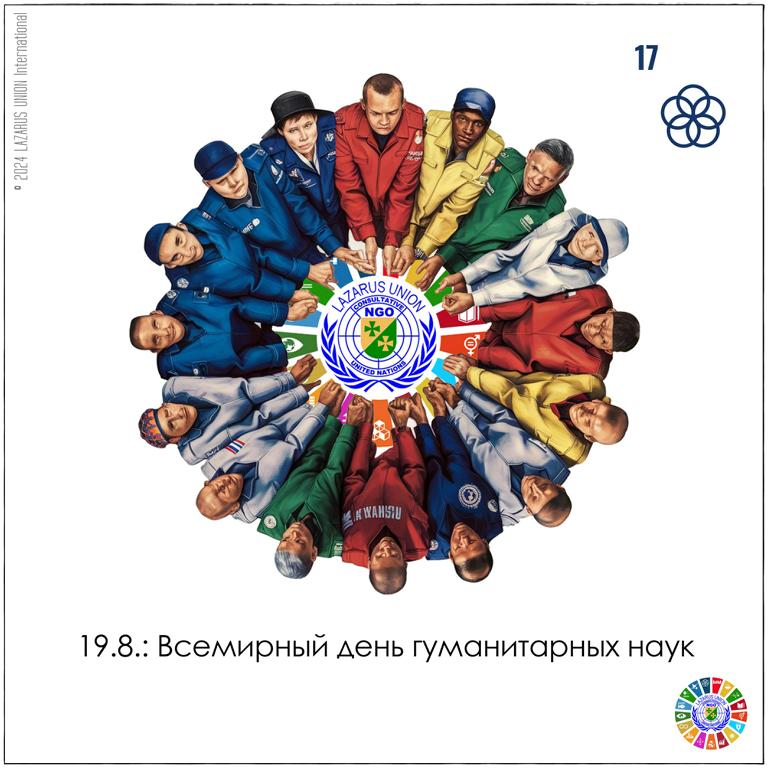
The Future of Humanitarian Work
The future of humanitarian work will undoubtedly involve addressing emerging challenges such as climate change, which is expected to displace millions more people and exacerbate food and water insecurity. Strengthening the resilience of vulnerable communities and ensuring sustainable, long-term support will be pivotal.
In conclusion, World Humanitarian Day serves as a powerful reminder of the importance of humanitarian efforts worldwide. It is a day to honor those who have dedicated their lives to helping others, to remember those who have lost their lives in this noble pursuit, and to reaffirm our collective commitment to alleviating human suffering.
References:
- United Nations Office for the Coordination of Humanitarian Affairs (OCHA). (2023). Global Humanitarian Overview.
- Aid Worker Security Database. (2023). Statistics.
- Financial Tracking Service (FTS). (2023). Global Humanitarian Funding Appeal.







